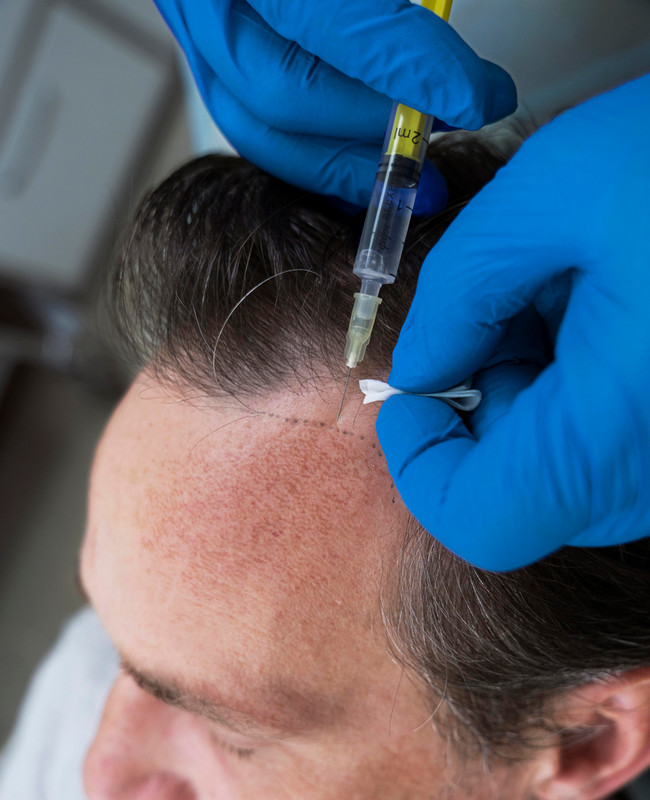The Role of GHK-Cu Copper Peptide in Hair Care and Hair Transplantation
GHK-Cu (Glycyl-L-Histidyl-L-Lysine Copper) peptide has gained significant attention in the realm of hair care and hair transplantation due to its potential benefits for hair growth and overall hair health. This naturally occurring copper complex is now commonly used in various hair care products as well as post-hair transplant treatments. Let's explore how GHK-Cu Copper Peptide contributes to both areas:
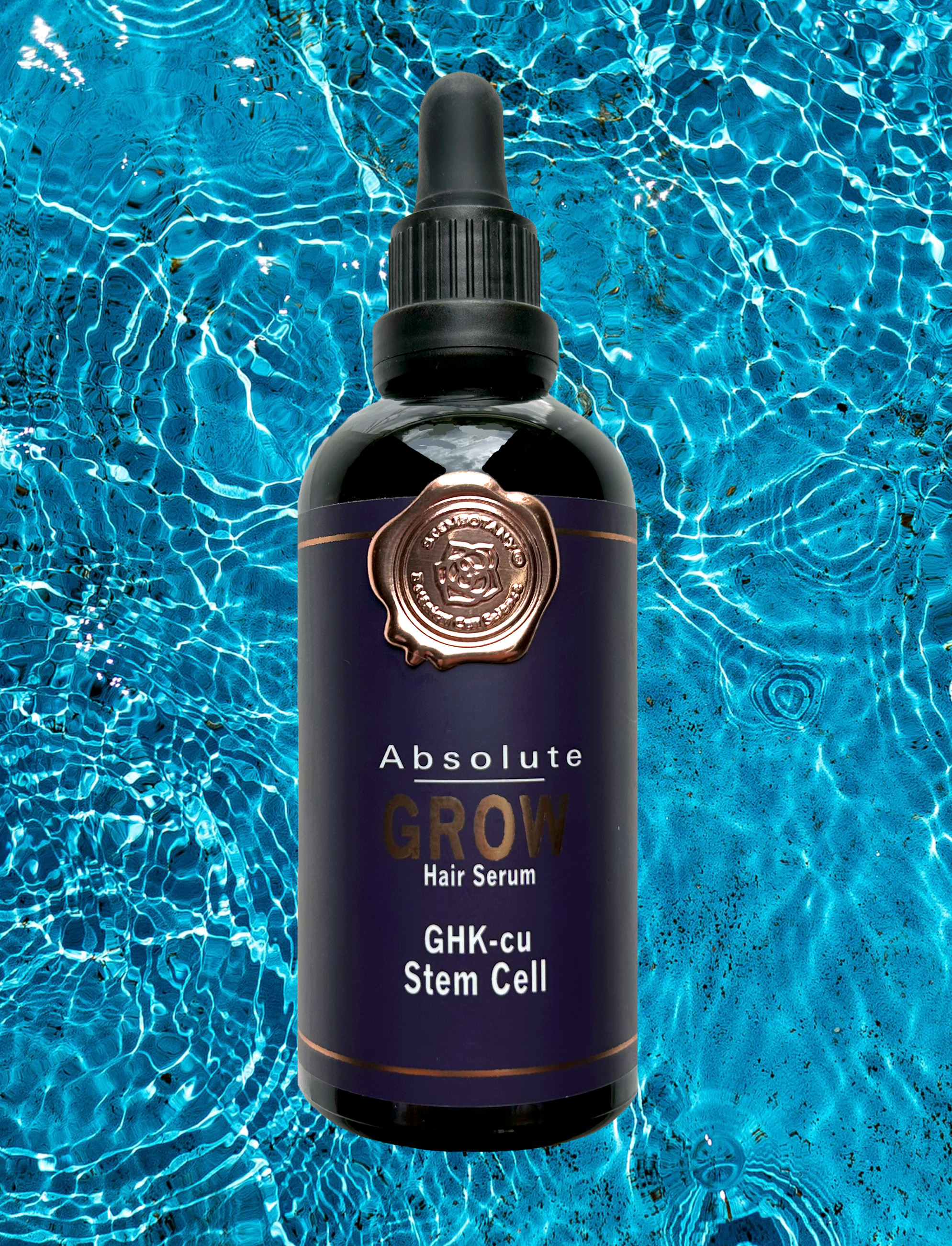
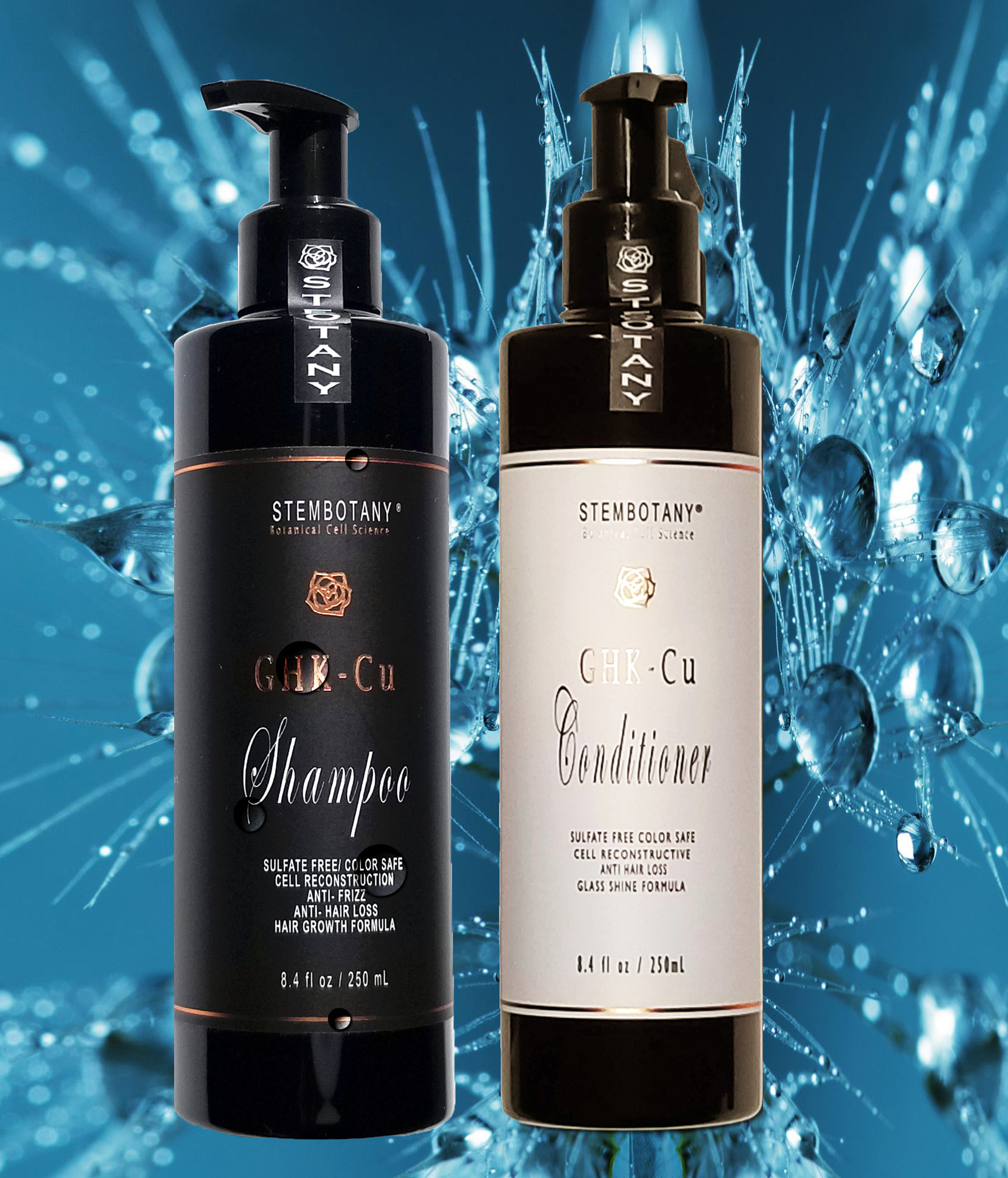
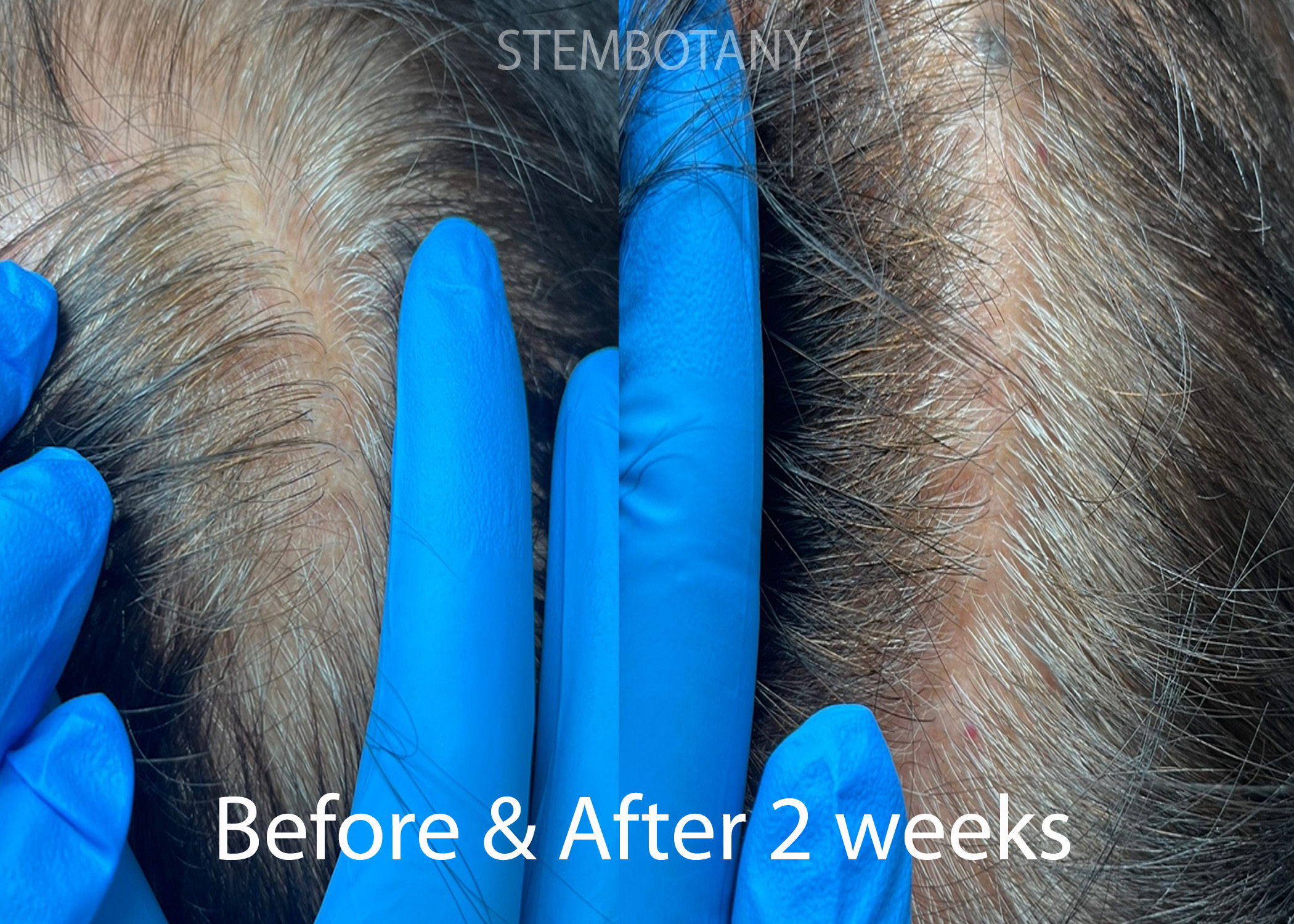
hampoo to Use After Hair Transplant: GHK-Cu Copper Peptide has become a key ingredient in many hair care products, such as shampoos, conditioners, and serums, thanks to its remarkable properties. One of its main roles lies in stimulating hair follicles and promoting hair growth. By encouraging the activity of hair follicle stem cells, GHK-Cu extends the anagen phase of the hair growth cycle, leading to improved hair density and increased hair growth.
part from stimulating hair follicles, copper peptides offer anti-inflammatory benefits to the scalp. Chronic inflammation can hinder the hair growth cycle, causing thinning and hair loss. GHK-Cu helps reduce inflammation, creating a more favorable environment for hair growth and healthier hair overall.
Furthermore, GHK-Cu Copper Peptide has been associated with enhanced blood circulation in the scalp. Improved blood flow ensures that vital nutrients and oxygen reach the hair follicles, further supporting their growth and overall health.
In the context of hair transplantation, doctors may inject GHK-Cu, to enhance the overall success and healing of the procedure. Here's how doctors use copper peptides in relation to hair transplantation:
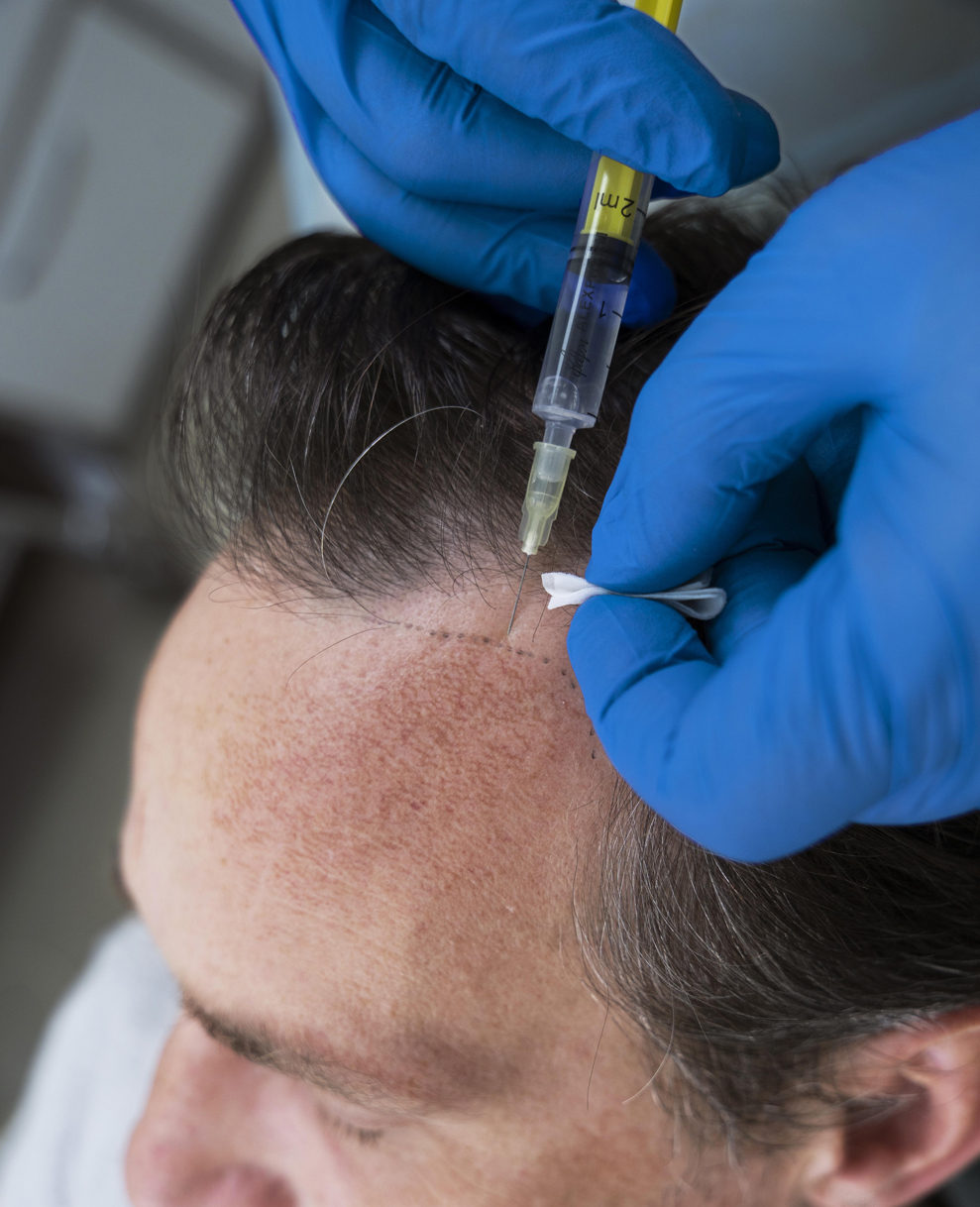
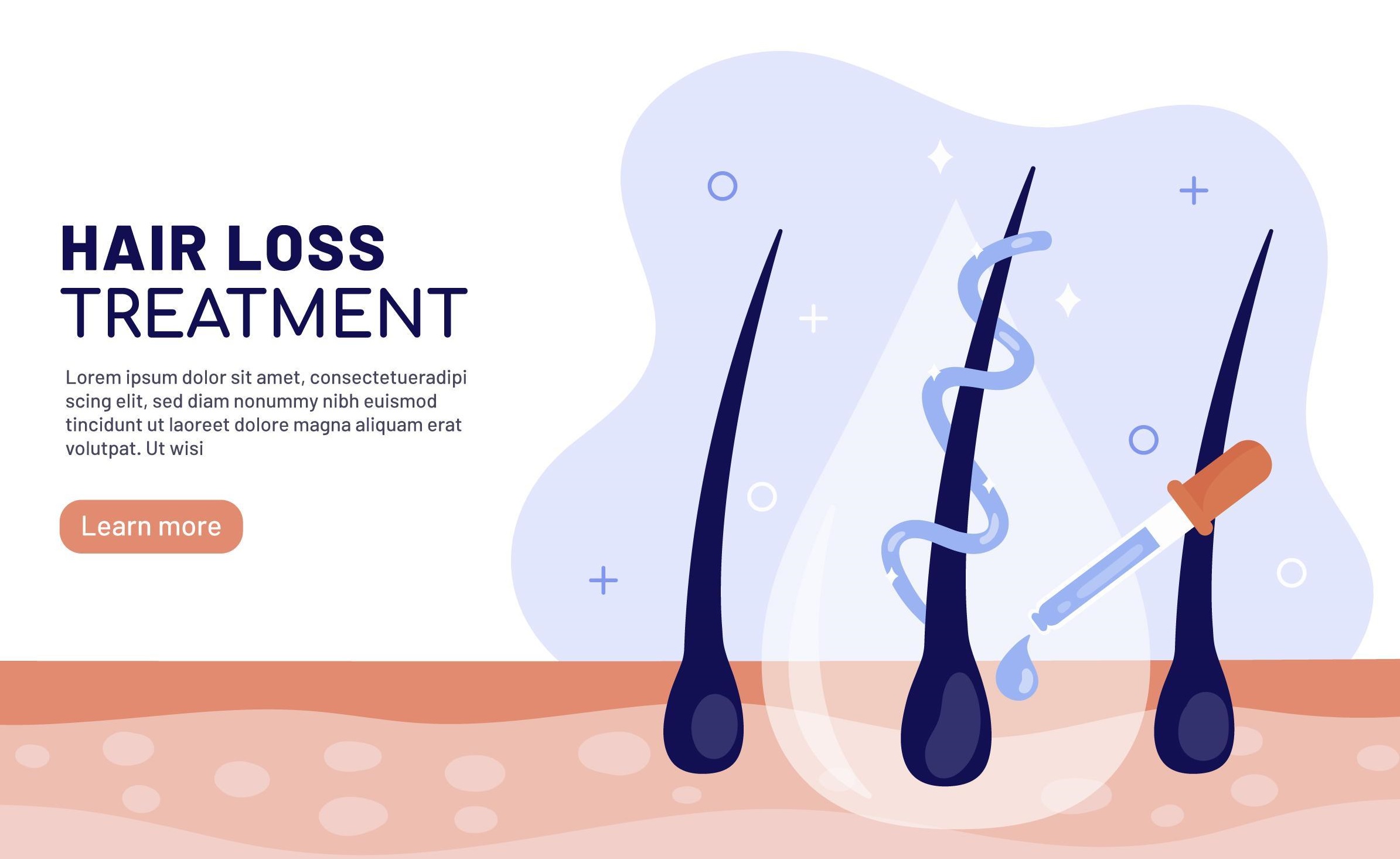
- Healing and Recovery: After a hair transplant surgery, the scalp undergoes a healing process, and the newly transplanted hair follicles require optimal conditions to thrive. Copper peptides can be applied topically to the scalp to promote faster healing and reduce inflammation, which may lead to a more comfortable recovery period for the patient.
- Encouraging Hair Growth: Copper peptides have been found to stimulate hair follicle activity and improve hair growth. After hair transplantation, applying copper peptide solutions or ointments to the recipient area can potentially enhance the growth of the transplanted hair, leading to better and more natural-looking results.
- Minimizing Scarring: Copper peptides' anti-inflammatory properties can help minimize scarring at the donor and recipient sites following hair transplantation. By promoting a healthier healing process, copper peptides may contribute to reduced scarring and better cosmetic outcomes for the patient.
It's important to note that the use of copper peptides in hair transplantation may vary depending on the doctor's preferences, the patient's specific needs, and the products available. Additionally, individual results may vary, and patients should always follow their doctor's recommendations for post-transplant care and product usage.
In conclusion, GHK-Cu Copper Peptide's versatile benefits make it an essential component in hair care products as well as an advantageous tool in the realm of hair transplantation. From stimulating hair follicles and promoting hair growth to aiding healing and reducing inflammation, copper peptides have demonstrated their significance in nurturing healthier hair and optimizing the results of hair transplantation procedures.
